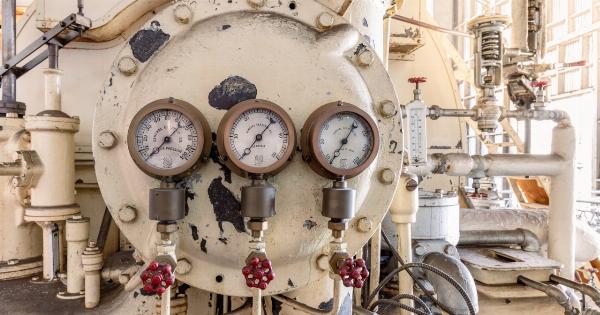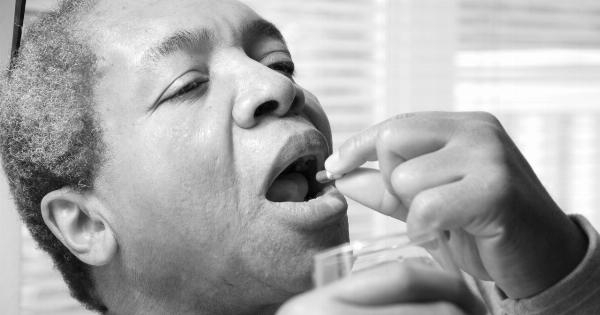Placebo medicine is a fascinating phenomenon that highlights the power of belief in the healing process.
It refers to the administration of inert substances or treatments that have no pharmacological effect but can elicit a perceived improvement in a patient’s condition. The placebo effect has been a subject of extensive research in the fields of medicine, psychology, and neuroscience. This article explores the concept of placebo medicine, its mechanisms, and its implications in healthcare.
The History of Placebo Medicine
Placebo medicine finds its roots in ancient healing practices, where sham rituals and remedies were often employed to appease patients and induce a sense of hope.
The term “placebo” itself originated from the Latin word meaning “I shall please.” The modern understanding of placebo medicine, however, emerged during the 20th century, when clinical trials and the scientific method became integral to medical research.
The Placebo Effect
The placebo effect refers to the phenomenon where a patient experiences a real improvement in their symptoms or condition after receiving a placebo treatment.
This improvement is attributed to the patient’s belief in the treatment’s efficacy rather than any specific physiological action of the placebo itself. The placebo effect has been observed across a wide range of medical conditions, from pain relief to psychiatric disorders.
Mechanisms of the Placebo Effect
While the placebo effect is still not fully understood, several psychological and neurobiological mechanisms have been proposed.
One theory suggests that the placebo effect may be driven by the release of endogenous opioids, which are natural pain-relieving substances produced by the body. Another theory suggests that the placebo effect may be a result of classical conditioning, where patients associate the placebo treatment with positive outcomes.
Factors Influencing the Placebo Effect
The placebo effect is influenced by various factors, including the patient’s expectations, the healthcare provider’s communication skills, and the cultural context in which the treatment is administered.
Studies have shown that the more a patient believes in the effectiveness of a treatment, the more likely they are to experience a placebo response. Additionally, the presence of empathetic and supportive healthcare providers can enhance the placebo effect.
Ethics and Placebo Medicine
While placebo medicine can provide temporary relief for certain conditions, its ethical implications have generated debate. Placebo treatments involve deception, as patients are unaware that they are receiving inactive substances.
Some argue that this deception violates the principle of informed consent, while others contend that the potential benefits outweigh the ethical concerns. Striking a balance between patient autonomy and the potential therapeutic benefits remains a challenge.
Placebo Medicine in Clinical Practice
Placebo medicine has implications for clinical practice beyond clinical trials.
Open-label placebos, where patients are informed that they are receiving a placebo treatment, have shown promising results in managing various conditions, such as irritable bowel syndrome and chronic pain. The power of belief and the patient-provider relationship play crucial roles in harnessing the placebo effect to optimize patient outcomes.
Placebo Medicine and Psychiatric Disorders
Psychiatric disorders, such as depression and anxiety, are particularly responsive to placebo interventions. The psychological mechanisms underlying the placebo effect are integral to improving mental health outcomes.
Understanding and harnessing these mechanisms can inform the development of novel treatment approaches and optimize the overall care of individuals with psychiatric disorders.
The Nocebo Effect
The nocebo effect is the opposite of the placebo effect. It refers to the worsening of symptoms or the elicitation of adverse reactions due to the patient’s negative beliefs or expectations.
Like the placebo effect, the nocebo effect can have significant implications in healthcare, highlighting the importance of patient education, informed consent, and the careful management of patient expectations.
The Role of Placebo Medicine in Complementary and Alternative Therapies
Complementary and alternative therapies often incorporate placebo elements that contribute to their perceived effectiveness. Patients may experience relief or improvement even when the treatment itself lacks scientific evidence of efficacy.
Understanding the role of placebo medicine in these therapies can help differentiate between their true therapeutic benefits and the placebo response, enabling informed decision-making for patients.
Current Research and Future Directions
Researchers continue to explore the mechanisms and potential applications of placebo medicine.
Recent studies have investigated the neural correlates of the placebo response, identified genetic factors that may influence placebo responsiveness, and examined the role of placebo interventions in enhancing the effects of active treatments. Further research in these areas has the potential to revolutionize healthcare practices and optimize patient outcomes.
Conclusion
Placebo medicine holds a unique place in medical science. Its ability to elicit positive therapeutic outcomes through the power of belief underscores the complex interplay between the mind and the body.
While ethical concerns surrounding deception persist, understanding the mechanisms underlying the placebo effect can provide valuable insights for optimizing patient care and improving treatment outcomes.





























